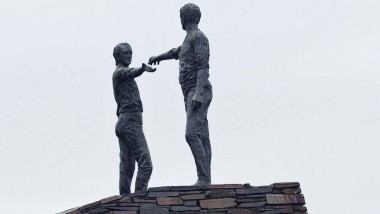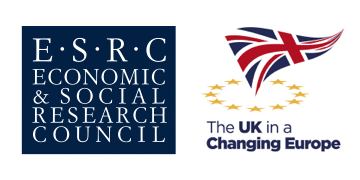Brexit and the Northern Ireland Peace Process
Video: Brian Gormally - Peace Process
As in Scotland, the majority of people (56%) in Northern Ireland voted to remain in the EU in the 2016 referendum. However, voting patterns were divided on ethnonational grounds. 85% of those who identified as ‘Catholics’ voted Remain compared to 40% of those who identified as ‘Protestant’.

Given such clear schisms, and the fact that the Good Friday Agreement 1998 was plainly based on the presumption of common membership of the EU, there are serious concerns about the impact of Brexit on the peace process.
Although the EU-UK negotiations are in their early stages, the referendum result has already proved destabilising, contributing to the collapse of the political institutions in January 2017.
Leaving the EU will throw into sharp relief some of the political and social tensions hitherto mediated by EU membership and it has already re-opened the fractures concerning sovereignty in Northern Ireland and enlivened discussions on the possibility of a United Ireland across the island of Ireland.




